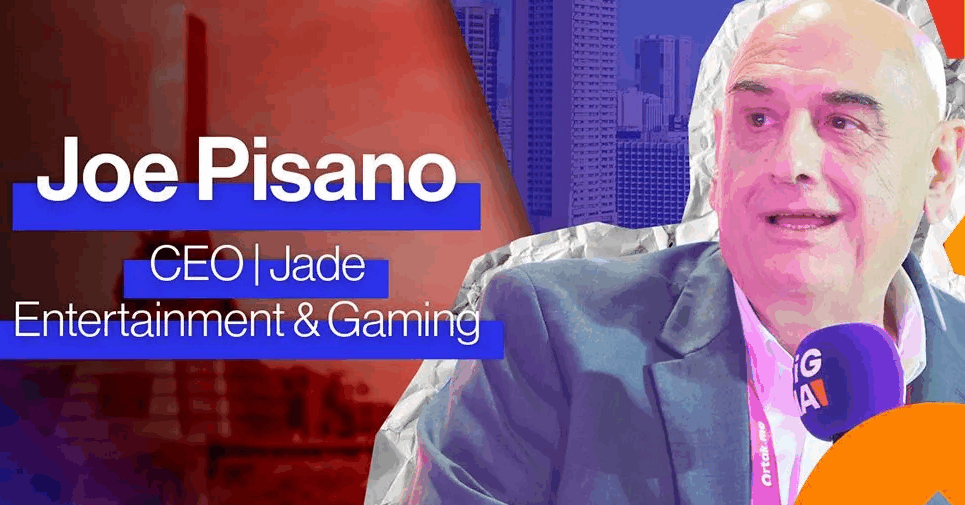In a recent exclusive interview with SiGMA Asia, Joe Pisano, CEO of Jade Entertainment & Gaming Technologies, offered a deep dive into the evolution of the Philippine gaming landscape. With decades of experience, Pisano outlined how the industry has shifted from a state-controlled monopoly to a dynamic, tech-driven ecosystem, increasingly shaped by regulation and digital transformation.
Mapping the Future of Philippine Gaming Through Innovation and Responsibility

From Monopoly to a Multilayered Market
Pisano began by recalling the early days when the Philippine gaming sector was tightly regulated and exclusively operated by PAGCOR, the government-owned gaming corporation. The landscape began to shift when PAGCOR’s congressional franchise was amended, allowing it not only to operate but also to license third-party operators.
This legislative pivot laid the groundwork for the rise of Entertainment City and its world-class integrated resorts, fostering competition and innovation. Pisano views this as a foundational transformation that opened new avenues for investment and diversified experiences in both gaming and tourism.
Online Gaming: From Backup Plan to Frontline Strategy
The COVID-19 pandemic marked a turning point. With physical venues shuttered, the PIGO (Philippine Inland Gaming Operator) license emerged as a lifeline, enabling land-based operators to extend their services into the digital space.
According to Pisano, the once-clear boundary between online and offline gaming has effectively disappeared. “Online and land-based revenues are now on par,” he noted, predicting that online revenue will overtake brick-and-mortar within six months. “Online platforms give us unmatched reach across the nation.”
The Need for Integration
Pisano emphasized that for integrated resorts to remain relevant, they must embrace a hybrid model. This means unifying casino management systems, aligning online and offline customer experiences, and executing synchronized marketing strategies.
“Marketing teams need to understand affiliates, digital payment gateways, KYC processes, and omnichannel loyalty programs,” he explained. Transitioning to a dual-operational model requires a shift in mindset and investment in digital infrastructure, including game development and platform compatibility.
AI and Emerging Tech: The Next Frontier
A major highlight of Pisano’s vision is the integration of artificial intelligence. Beyond automation, AI can refine user engagement, power predictive analytics, and transform game design. He spotlighted emotion detection AI, which gauges player stress levels in real time, allowing operators to intervene when necessary.
“Imagine a system that senses if a player is stressed or at risk. That’s where responsibility begins,” he said. Pisano also cited blockchain and cashless technologies as essential tools for building a transparent and secure gaming environment.
Responsibility and Sustainability: Industry Pillars
Pisano concluded with a strong message on responsible and sustainable gaming. He urged operators to view regulation not as a constraint, but as a call to leadership.
“We’re in the entertainment business—not the business of stress or addiction,” he stated. “It’s our duty to detect issues early, implement solutions, and design environments—both online and on-site—that prioritize player well-being.”
He also advocated for environmental sustainability, calling for eco-conscious manufacturing in gaming hardware and drawing comparisons to historical industry milestones like the phase-out of lead-based components.












